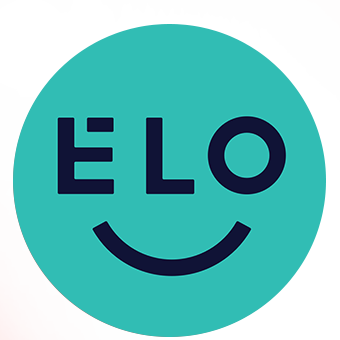How to set goals in mentoring?
Happy back to school! Alas, the vacations are over. As with every end of summer, the return to work can be stressful, and that's perfectly normal. With that comes, for some of you, the transition to a hybrid work mode.
One way to prepare yourself to navigate through these organizational changes is to set personal and professional goals.
In mentoring, formulating goals provides purpose and facilitates the mentoring relationship. This is even more important during this period of change.
Setting goals keeps you on track and ensures that you have a solid foundation in your mentoring relationship.
Two methods for formulating goals
To focus on your goals, you need to start with your needs.
Below, the Elo team presents two approaches that can help you in this quest: the SMART method and the alternative method inspired by the gap analysis.
The SMART Method
This method is the more complex of the two methodologies. However, it allows you to have a well-defined objective.
The various criterias that needs to be met makes it a tool that is often appreciated and used in all sorts of contexts (including mentoring).
If you choose this approach, your objective must be
- Specific - The expected outcome is simple and clearly defined.
- Measurable - It is quantifiable and has indicators so that it can be measured.
- Achievable / Ambitious - It requires you to step out of your comfort zone just enough to make progress.
- Realistic - It takes into account various constraints ($, resources, etc.)
- Time-bound - It sets out a time frame in which the goal will be achieved.
Example: Get a promotion
- Specific - To obtain a promotion within an organization.
- Measurable - Move up a level.
- Attainable / Ambitious - To have new tasks and be responsible for larger projects.
- Realistic - Participate in training sessions, self-studies and asking for more tasks to develop your skills and knowledge.
- Time-bound - Within a year.
The alternative method
The alternative method is easier to work with, since it is based on three key questions:
- What is your current situation: your position, your responsibilities, etc.?
- What is your desired situation?
- How do you get from situation 1 to 2? What knowledge, skills and experience do you have? What do you need to develop (expertise wise, know-how skills and interpersonal skills)? What obstacle is in front of you? Who do you need to contact?
If you have defined several objectives, it is recommended that you prioritize them. Obviously, your goals may change and evolve over time. Even more so in these uncertain times. Keep in mind that the progress made during the mentoring relationship allows you to grow professionally and personally.
As much as possible, think about action plans (i.e. the steps to reach your goals) beforehand. When you meet with your mentor, tell him or her about your best learning styles so that he or she can offer you personalized mentoring. With this background work, you are assured of having more effective and relevant meetings.


